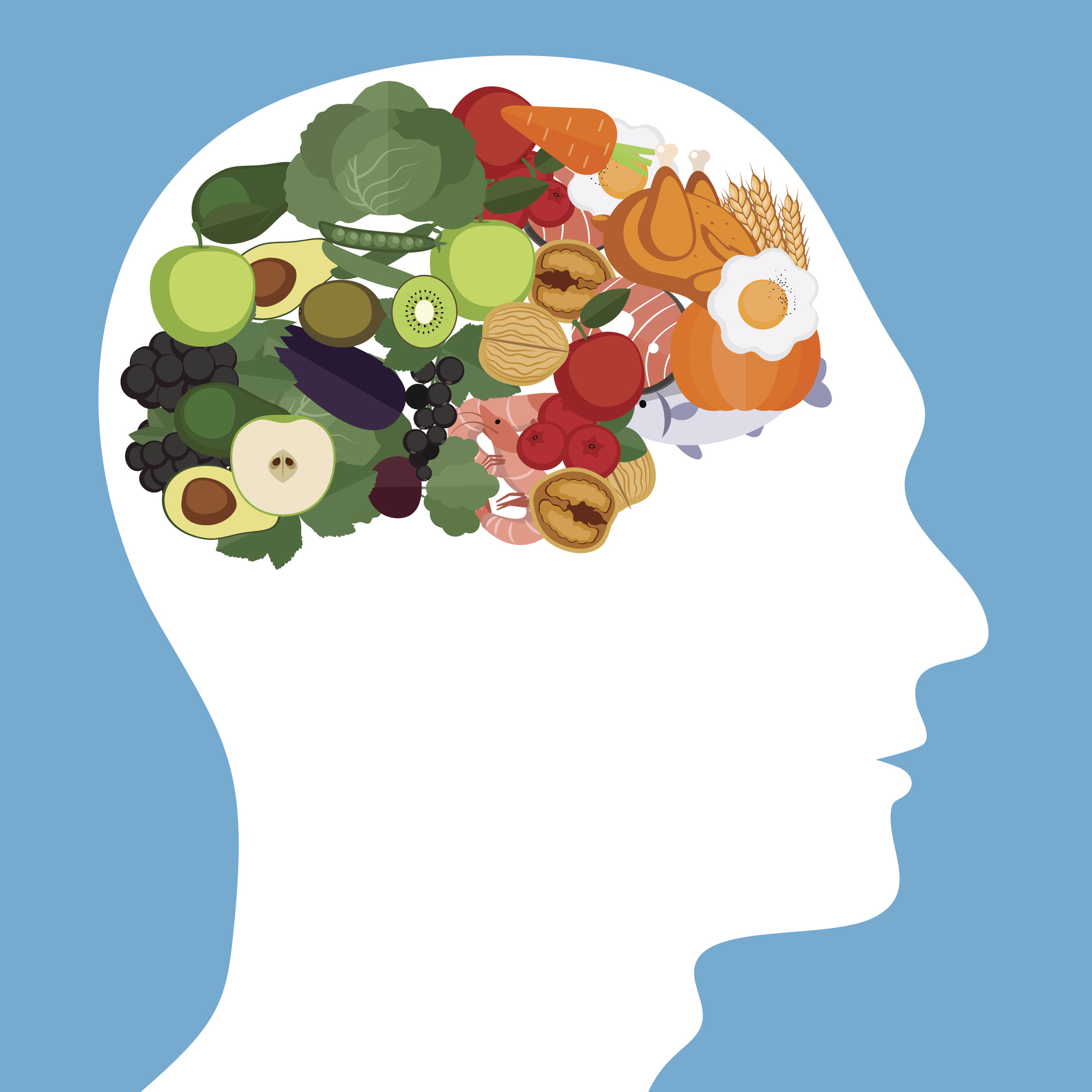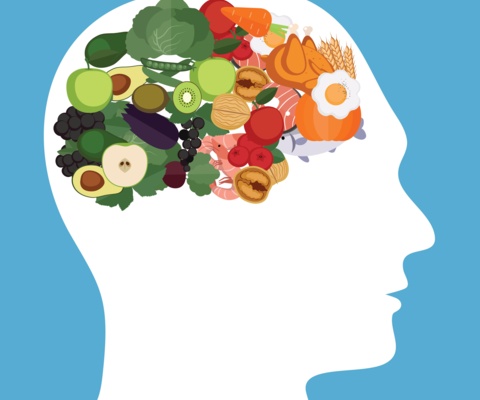After attending a workshop called ‘Conscious Consumers’, M5 pupil Imogen James was inspired to do her own research about how food can affect your mood. She recently gave an assembly to her year group about her findings and has written this blog post to tell us more about it.
When I saw the opportunity to take part in the Conscious Consumer initiative, I knew it was too good an opportunity to miss!
As consumers, it is really important for us to think about the food choices we make; to look beyond the label and think about their impact on not only the environment, but ourselves.
Being exposed daily to a multitude of media really made me question the numerous claims made about plant-based foods and diets. Unfortunately, there are many questionable sources, spreading misinformation which can ultimately not only affect our health but have consequences for the environment.
Many of us are aware of the phrase 'food miles', but the workshop helped me to think deeper and put the miles into context. Did you know that a chicken burrito, with its ingredients flying in from countries such as India, Mexico and Argentina, has clocked up an estimated 18,880 miles to reach your plate? The resultant high carbon footprint really concerned me, with the flying generating around 10 times more carbon emissions than road transport. The workshop made me want to think about choosing more locally sources foods and those in season.
As I really enjoy human biology, I was truly fascinated to learn about the microbes in our gut and how we can eat foods to help them to thrive, which is of great benefit to our overall health. After the workshop, I therefore decided I wanted to extend my knowledge further about this area and did some research about whether what we eat can change our mood.
Have you ever reached for a chocolate bar for a little treat, or maybe grabbed a cup of coffee to get going? Increasing scientific evidence is showing us that food has a powerful effect on both how we are feeling and our mood. Eating lots of processed food, high in saturated fat and sugar can cause our mood to be low. Not having enough vitamins and minerals in our diet can also impact on our mood, making us feel tired, irritable and low.
Current scientific research is also showing us that our gut microbes are affected by diet, and as a result can impact on our mental wellbeing and mood. If we have a poor diet or have a food allergy, the diversity of our gut microbes can be reduced. As a result, signals are sent to the brain, triggering mood changes - an unhappy gut can result in a bad mood! Did you know that your gut is connected to our brain through a network of over 100 million nerve cells? This is called the Enteric Nervous System – the body’s largest sensory organ. With research showing that the interaction between our digestive system, gut microbes and diet all affect our mood and mental health, eating a heathy, balanced diet with lots of wholegrains, fish, vegetables and fruit not only provides us with a good supply of nutrients, but can also help increase the diversity of microbes in our gut. A healthy, happy gut means a happy, healthy mind!
Good nutrition with a healthy balanced diet is therefore not only essential for our physical wellbeing but our mental wellbeing too.
As I learnt from being part of Conscious Consumers, it really is crucial to look beyond the label and be a conscious consumer in thinking about the food choices we make!
The Conscious Consumers project enables young people to explore topical issues that span the boundaries of agriculture, food and society. Focussing on three topics; plant-based diets, food miles and personalised nutrition, use the resources to consider what it means to be a conscious consumer and think about how the choices we make everyday impact on the environment and our wellbeing. Find out more here.



